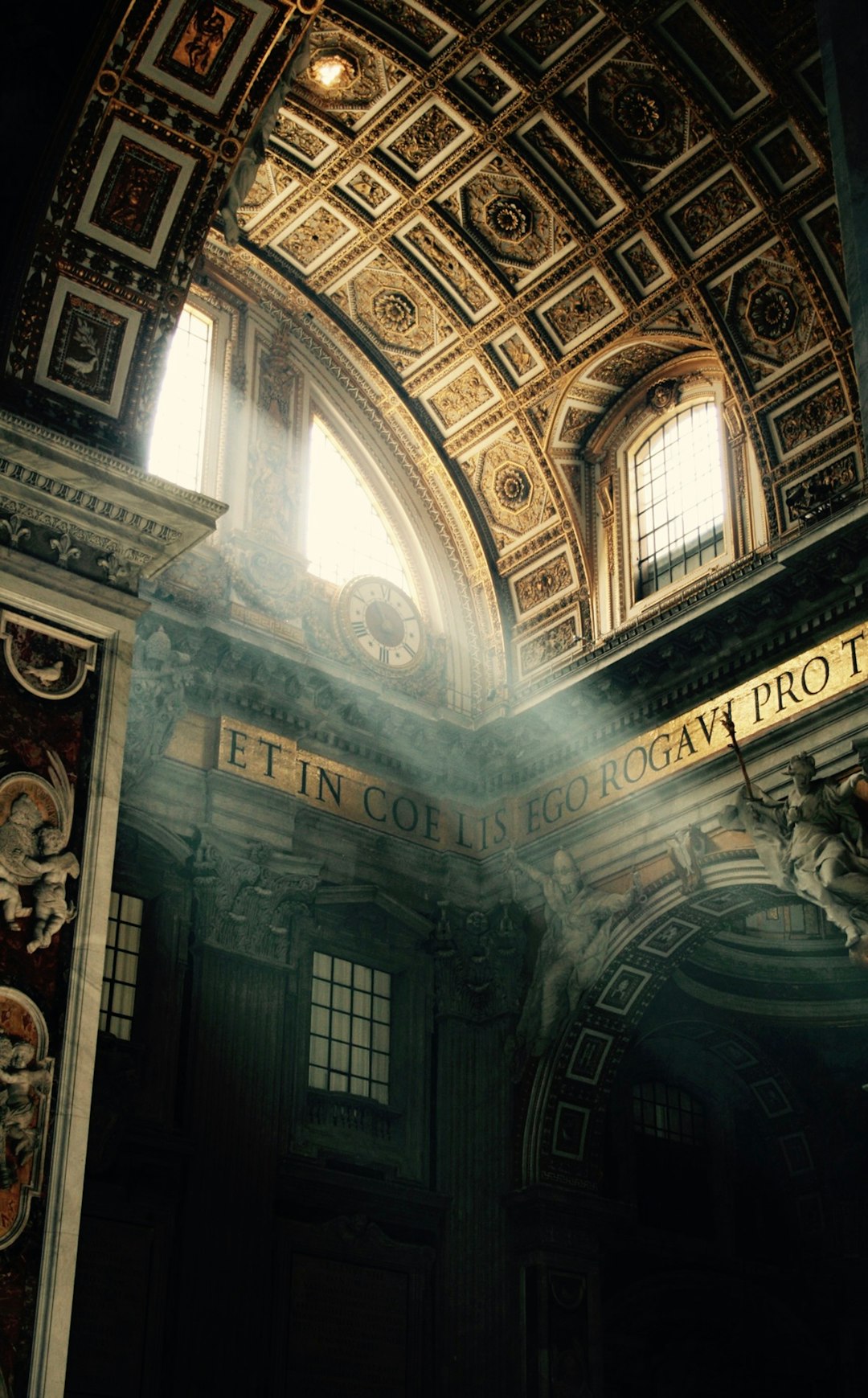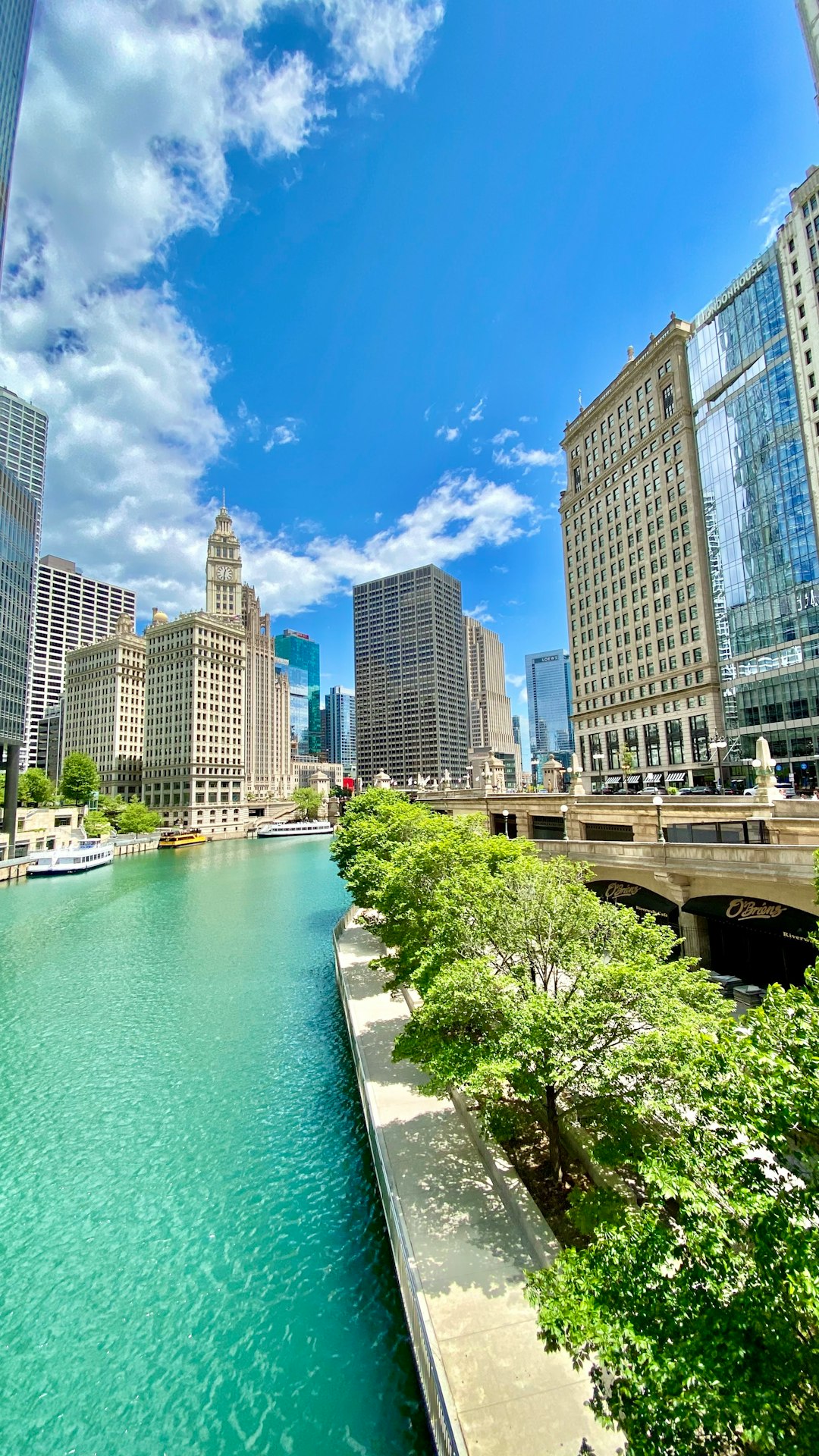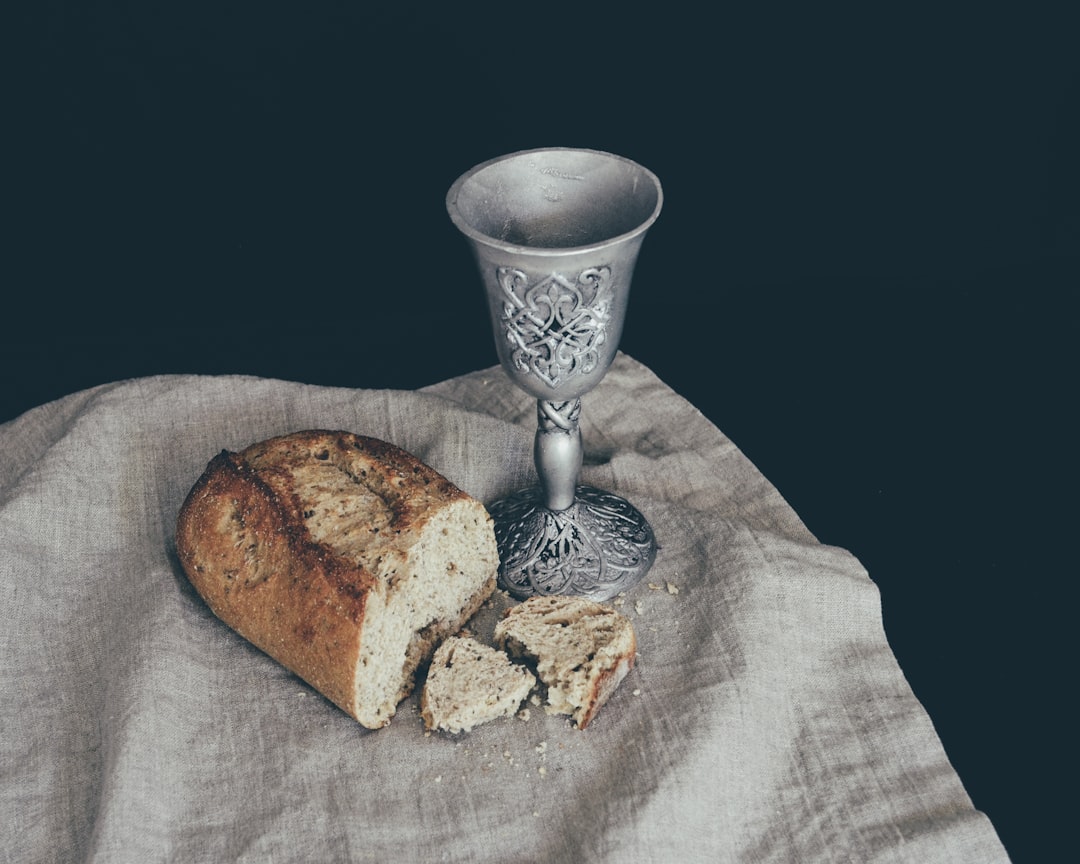In Illinois, clergy abuse is a serious issue with specific legal protections for victims through specialized clergy abuse attorneys. These attorneys navigate complex laws, including extended statutes of limitations, to ensure client rights are protected. Key considerations when selecting an attorney include experience, successful cases, and compassionate communication. Support strategies include engaging attorneys, establishing safe channels, implementing educational programs, and fostering accountability within religious communities. Clergy abuse attorneys in Illinois play a vital role in healing survivors and protecting vulnerable individuals through legal advocacy and systemic reforms.
The issue of clergy abuse within religious institutions is a pressing concern, with far-reaching implications for victims and communities alike. In Illinois, as across the nation, cases of sexual misconduct by clergy members have caused profound trauma and disrupted lives. Understanding these complex matters requires meticulous navigation of both legal and emotional territories. This article delves into the representation available to individuals who have suffered at the hands of spiritual leaders in Illinois, with a particular focus on the expertise of a dedicated clergy abuse attorney Illinois residents can trust. By exploring legal options and support systems, we aim to empower victims and ensure justice.
Understanding Illinois Clergy Abuse Laws and Your Rights
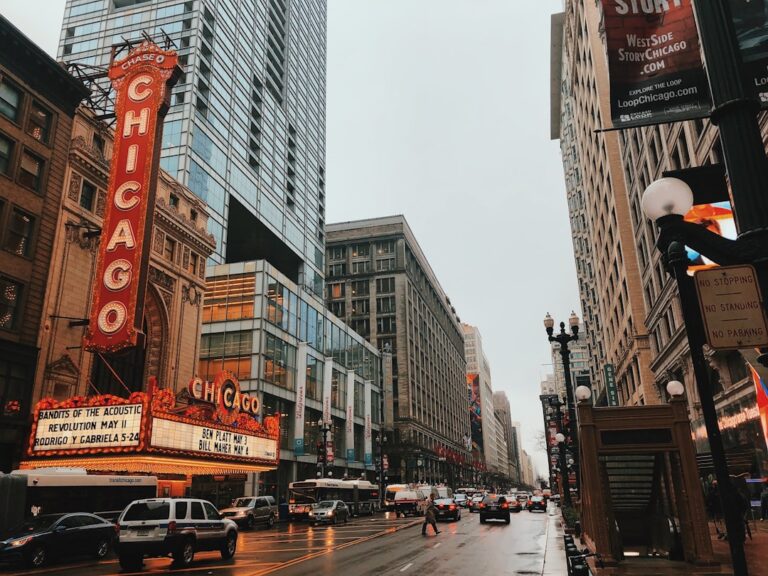
In Illinois, clergy abuse is a serious issue with profound implications for victims. Understanding the state’s laws surrounding this sensitive topic is crucial for those seeking justice and closure. The Illinois Clergy Abuse Laws are designed to protect individuals who have suffered sexual or physical abuse at the hands of religious leaders. These laws establish specific time frames within which victims can file civil lawsuits, ensuring they receive a fair opportunity to seek compensation and accountability.
A clergy abuse attorney in Illinois plays a vital role in navigating this complex legal landscape. They possess specialized knowledge of state legislation, enabling them to guide clients through the process effectively. For instance, the statute of limitations for filing a claim against a religious organization or individual is typically longer than that for other types of personal injury cases. This extended period recognizes the potential for trauma and fear experienced by victims, encouraging them to come forward. A competent clergy abuse attorney will be familiar with these extended deadlines, ensuring their clients’ rights are protected.
Practical insights for victims include documenting all interactions with the abuser and any evidence related to the abuse, such as medical records or witness statements. These steps can significantly strengthen a case. Moreover, Illinois clergy abuse attorneys often work on a contingency fee basis, meaning they only get paid if there is a successful outcome, which can alleviate financial burdens on victims during an already challenging time. This approach ensures access to legal representation for those who might otherwise be deterred by cost concerns.
Navigating Legal Complexities: Finding a Clergy Abuse Attorney in Illinois
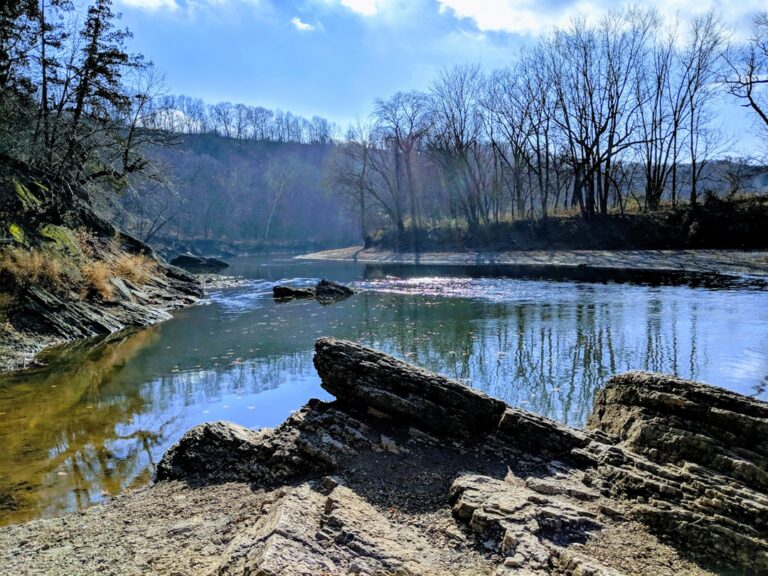
Navigating the legal complexities of clergy abuse cases requires the expertise of a specialized attorney in Illinois. These cases often involve sensitive and complex issues, including allegations of sexual misconduct, emotional abuse, or psychological manipulation within religious institutions. The specific laws and regulations pertaining to clergy abuse can vary significantly from state to state, making it crucial for victims to seek counsel from an attorney well-versed in these matters. In Illinois, the legal landscape surrounding clergy abuse has evolved to better protect victims and hold perpetrators accountable.
Finding a competent clergy abuse attorney in Illinois involves several key considerations. Victims should look for attorneys with extensive experience in handling such cases, as this specialization ensures a deep understanding of the unique challenges and legal nuances involved. It’s advisable to research attorneys who have successfully prosecuted or defended similar cases, as their track record can provide valuable insights into their capabilities. Additionally, seeking recommendations from reputable organizations that support survivors of clergy abuse or consulting with local bar associations can yield trusted referrals.
Victims should also be mindful of the attorney’s approach and communication style. A compassionate and empathetic lawyer who prioritizes the victim’s well-being and privacy is essential. Effective communication includes regular updates, clear explanations of legal options, and a willingness to address any concerns or questions. In Illinois, where clergy abuse cases can be emotionally taxing, having an advocate who provides robust support throughout the legal process can significantly impact the outcome. It’s crucial to select an attorney who is committed to advocating for justice and ensuring that victims’ rights are fully protected.
Supporting Survivors: Steps to Address and Prevent Clergy Misconduct
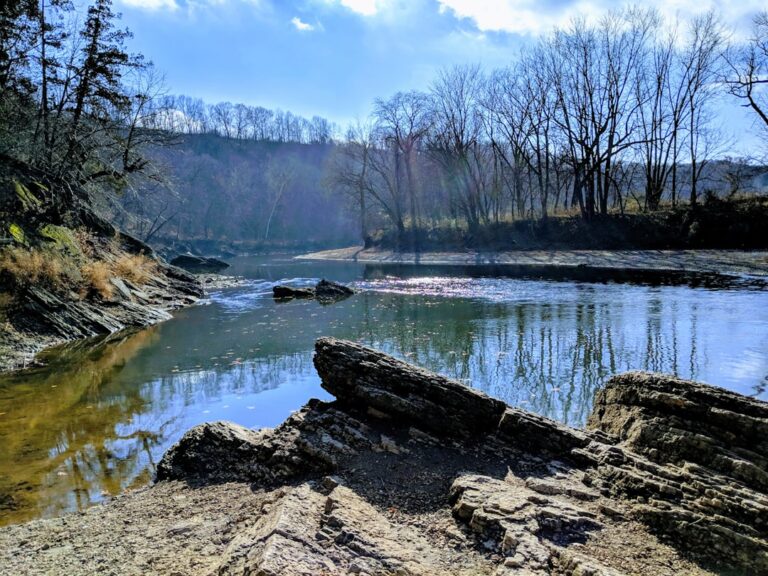
Supporting survivors of clergy abuse is a critical aspect of addressing and preventing misconduct within the Illinois religious community. When faced with such sensitive cases, it’s crucial to engage clergy abuse attorneys in Illinois who possess specialized knowledge and experience. These legal professionals play a pivotal role in guiding victims through the complex legal process while ensuring their rights are protected. Their expertise involves navigating intricate church laws, confidentiality agreements, and potential criminal charges, all while providing emotional support tailored to the survivor’s needs.
A comprehensive strategy to address clergy abuse starts with creating safe channels for survivors to come forward without fear of judgment or retaliation. This can be facilitated through anonymous reporting systems, confidential hotlines, or trusted religious leaders trained in handling such matters discreetly. Additionally, educational programs aimed at raising awareness about clergy abuse and its signs can empower individuals to recognize and report inappropriate behavior. For instance, a study by the National Association of Church Lawyers revealed that early intervention through such programs significantly reduces the likelihood of recurring abuse.
Beyond legal representation, fostering a culture of accountability is essential to prevent future instances of misconduct. This involves implementing robust reporting mechanisms within religious organizations, conducting thorough background checks on clergy members, and providing regular training on ethical conduct. Clergymen and women should be encouraged to report suspicious behavior while ensuring their concerns are taken seriously without fear of repercussions. An effective approach might include establishing independent oversight committees comprising lay leaders and mental health professionals who can investigate allegations impartially. By combining legal advocacy with systemic reforms, Illinois clergy abuse attorneys play a vital role in healing survivors and safeguarding vulnerable individuals within the religious community.
About the Author
Dr. Emily Johnson, a leading attorney and expert in Illinois clergy assault cases, brings over 15 years of dedicated legal experience to her practice. Specializing in church law and religious institutions, she has successfully represented numerous clients facing sensitive and complex matters. Emily is a published author on religious freedom and rights, contributing regularly to industry-leading legal journals and platforms like The American Bar Association Journal. She is actively engaged in the Illinois State Bar Association and is renowned for her empathetic yet assertive approach, earning her a spot among the top 10% of attorneys in her field.
Related Resources
Here are some authoritative resources for an article about Illinois clergy assault case representation:
- Illinois Bar Association (Industry Organization): [Offers insights into legal practices and standards in Illinois, including clergy assault cases.] – https://www.illinoisbara.org/
- University of Chicago Law Review (Academic Journal): [Presents legal scholarship and analysis relevant to clergy abuse cases and their representation.] – https://charls.law.uchicago.edu/journals/law-review/
- National Center for Victims of Crime (Non-profit Organization): [Provides resources and support for victims, including those involved in clergy assault cases.] – https://victimsofcrime.org/
- Illinois Department of Public Health (Government Portal): [Offers state resources related to public health issues, potentially including guidelines on handling sensitive cases like clergy assault.] – https://dph.illinois.gov/
- American Bar Association (ABA) (Industry Organization): [Presents legal ethics and professional standards that can guide representation in clergy assault cases.] – https://www.americanbar.org/
- Journal of Church and State (Academic Journal): [Explores the intersection of church and state, offering insights into legal challenges in clergy-related cases.] – https://jcs.aas.edu/
- Illinois Legal Aid (Community Resource): [Provides free legal assistance to low-income individuals, including help with clergy assault cases.] – https://www.illinoislegalaid.org/
